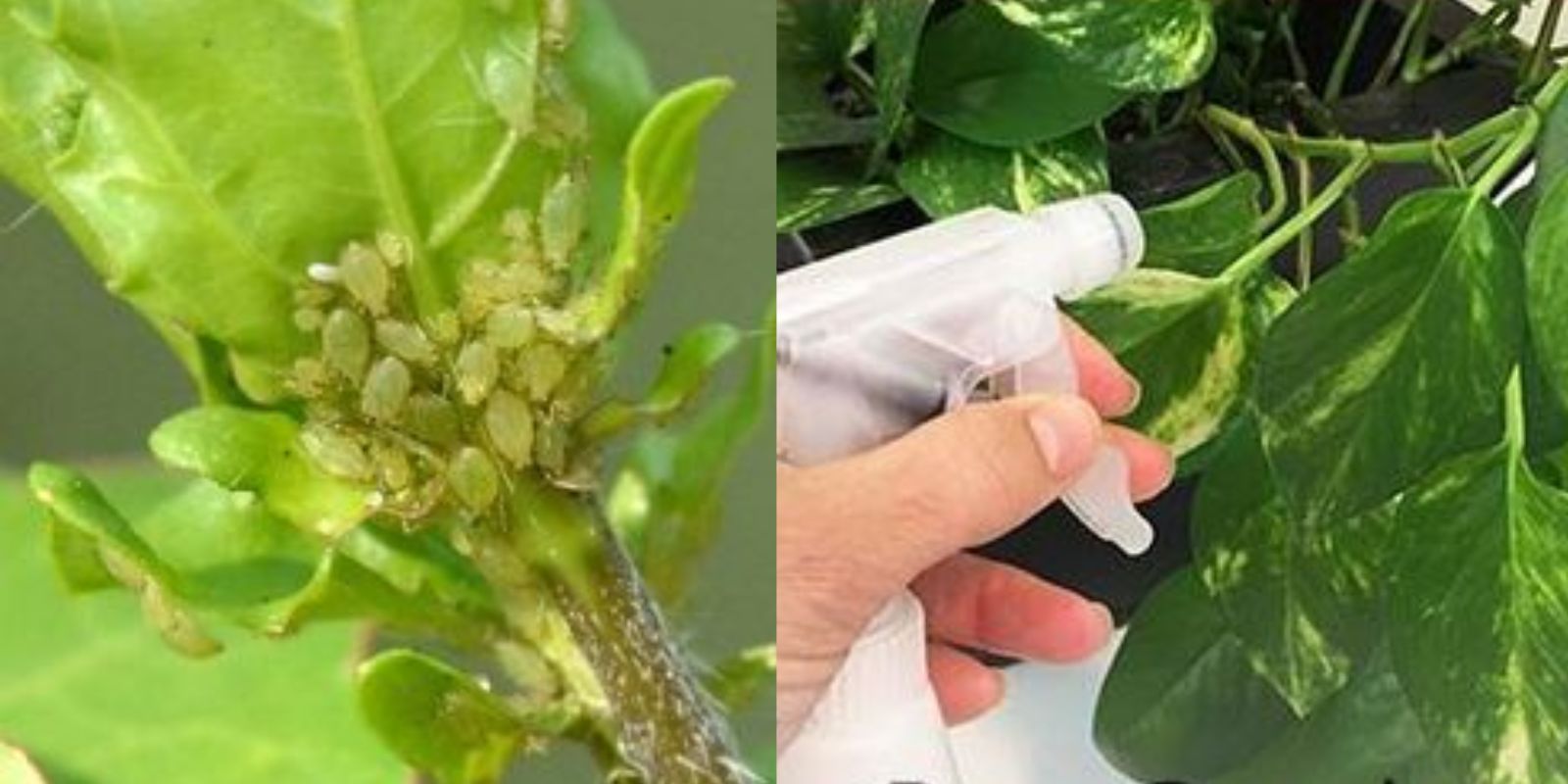Gardening enthusiasts often encounter challenges such as pests like aphids and slugs, which can quickly diminish the health and beauty of plants. While chemical pesticides are effective, they come with potential risks to beneficial insects and the environment. Fortunately, there’s a natural solution that can effectively control garden pests without harmful chemicals. This article explores how to create and use a powerful, chemical-free insecticide using garlic, neem oil, and liquid soap, offering a sustainable approach to garden pest management.
Understanding the Need for Natural Pest Control
Maintaining a thriving garden involves more than just planting and watering; it requires careful pest management to protect plants from insects that feed on foliage and sap. Aphids, for example, can quickly infest plants and weaken them by sucking out vital nutrients. Slugs, on the other hand, can devour leaves and flowers overnight, leaving a trail of damage in their wake. While chemical pesticides are readily available, their broad-spectrum nature can harm beneficial insects like bees and butterflies, essential for pollination and ecosystem health.
Introducing the Natural Insecticide Recipe
Creating a homemade natural insecticide allows you to effectively combat garden pests while minimizing harm to beneficial insects and the environment. Here’s a step-by-step guide to making and using a potent, chemical-free insecticide:
Ingredients Needed:
- Garlic Cloves: Known for their natural insect-repelling properties.
- Neem Oil: A potent natural insecticide and fungicide.
- Liquid Soap: Helps the solution adhere to plant surfaces and pests.
Step-by-Step Instructions:
- Prepare the Garlic Extract
- Start by peeling and crushing several garlic cloves.
- Blend the crushed garlic with water to create a concentrated garlic extract. Garlic contains sulfur compounds that repel aphids and other garden pests.
- Incorporate Neem Oil and Liquid Soap
- Add neem oil to the garlic extract. Neem oil disrupts insect growth cycles and acts as a deterrent to feeding pests.
- Mix in a small amount of liquid soap. The soap helps the solution stick to plant surfaces and pests, increasing its effectiveness.
- Strain and Dilute the Solution
- Strain the garlic-neem mixture to remove any solid particles. This ensures a smooth consistency that won’t clog your sprayer.
- Dilute the strained mixture with water. A typical ratio is one part garlic-neem mixture to ten parts water, but adjust based on the severity of the pest infestation.
- Application to Affected Plants
- Transfer the diluted solution into a spray bottle or garden sprayer.
- Thoroughly spray the affected plants, ensuring coverage of both upper and lower leaf surfaces, stems, and buds where pests may hide or feed.
- Monitor and Reapply as Needed
- Regularly monitor treated plants for signs of reduced pest activity and plant recovery.
- Depending on pest pressure and environmental conditions, reapply the natural insecticide every few days or after rainfall to maintain effective pest control.
Benefits of Using a Natural Insecticide
- Environmental Safety: Unlike chemical pesticides, natural insecticides like garlic and neem oil pose minimal risk to beneficial insects, wildlife, and the environment.
- Cost-Effectiveness: Homemade natural insecticides are often more affordable than commercial chemical alternatives and can be made using readily available household ingredients.
- Promotion of Plant Health: By targeting pests while preserving beneficial insects, natural insecticides support overall plant health and ecosystem balance in your garden.
Motivation to Embrace Natural Pest Control
Discovering and using a potent, chemical-free insecticide not only protects your garden but also promotes sustainable gardening practices. Embrace natural pest control methods like this garlic and neem oil spray to contribute to a healthier environment and foster a garden ecosystem where plants can thrive without unnecessary chemical exposure. Share your experiences with implementing natural pest management strategies and connect with a community dedicated to eco-friendly gardening practices. Together, we can cultivate vibrant, pest-resistant gardens while respecting and preserving the natural world. Embrace the natural approach and reap the rewards of a flourishing garden! 🌿

